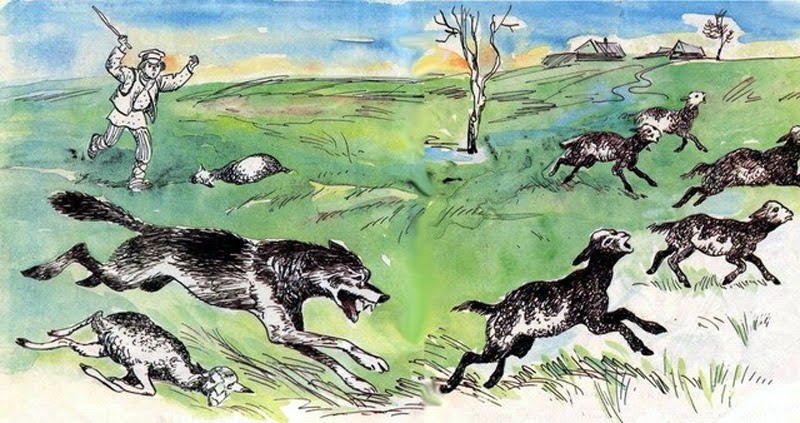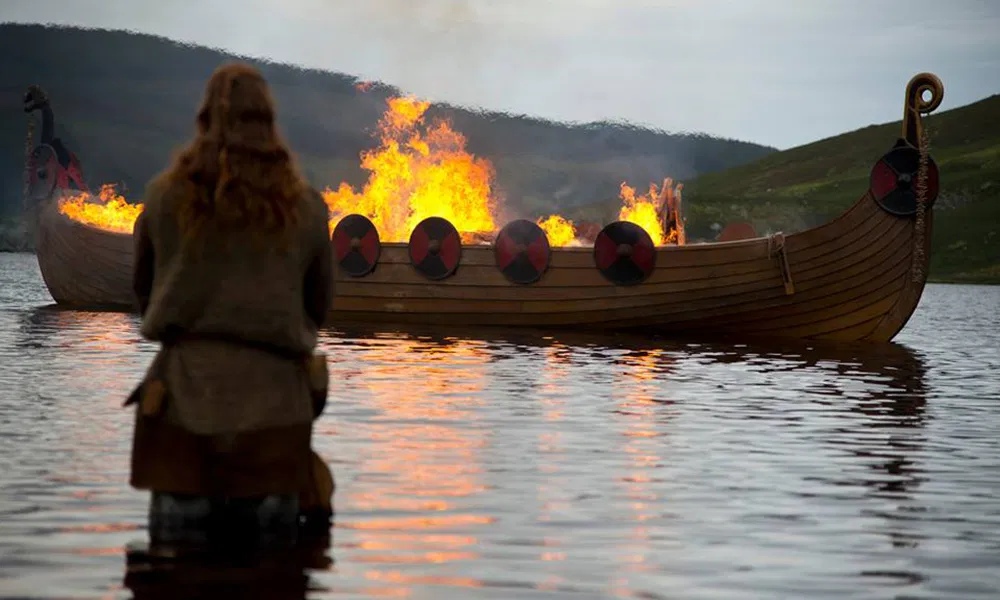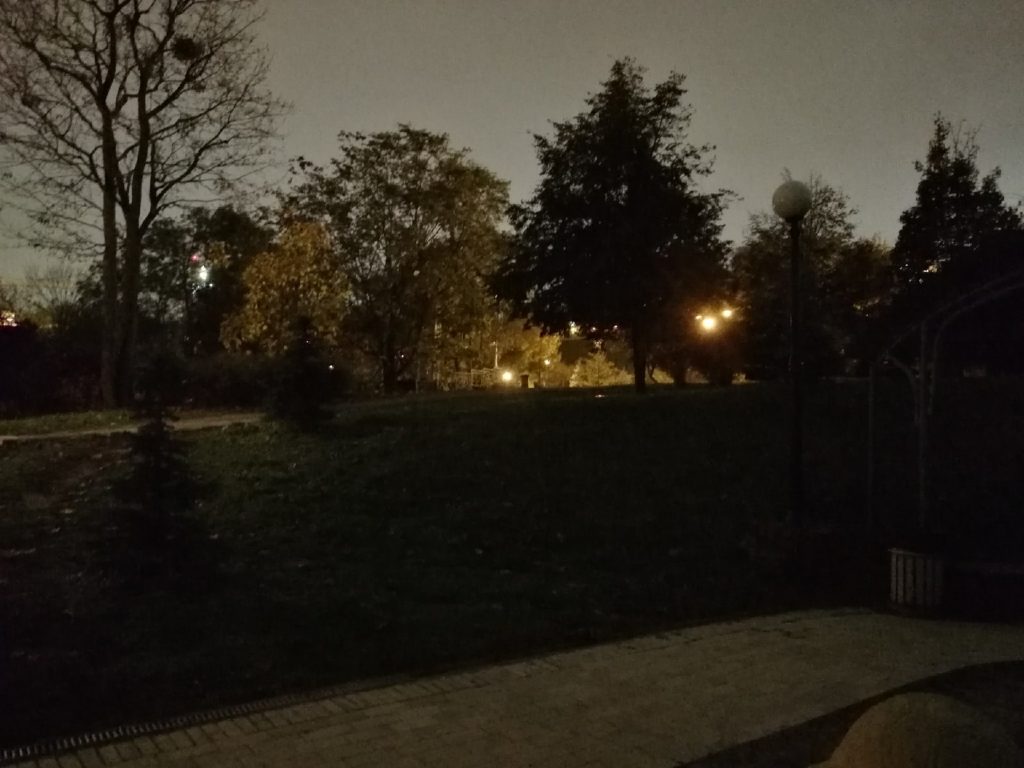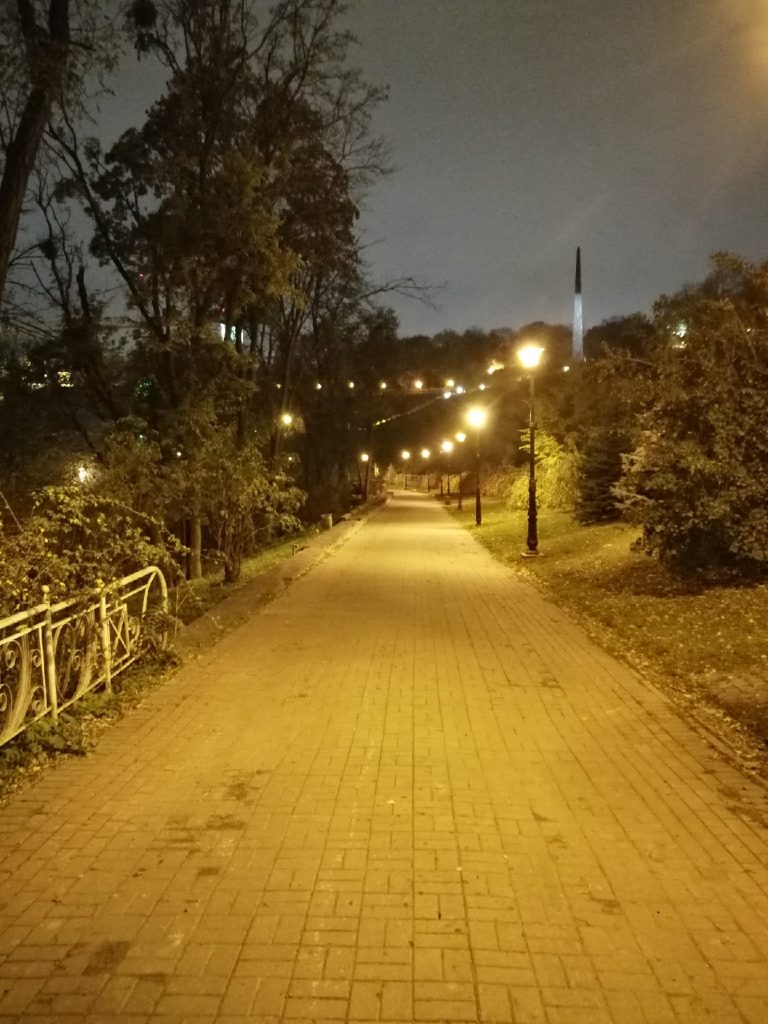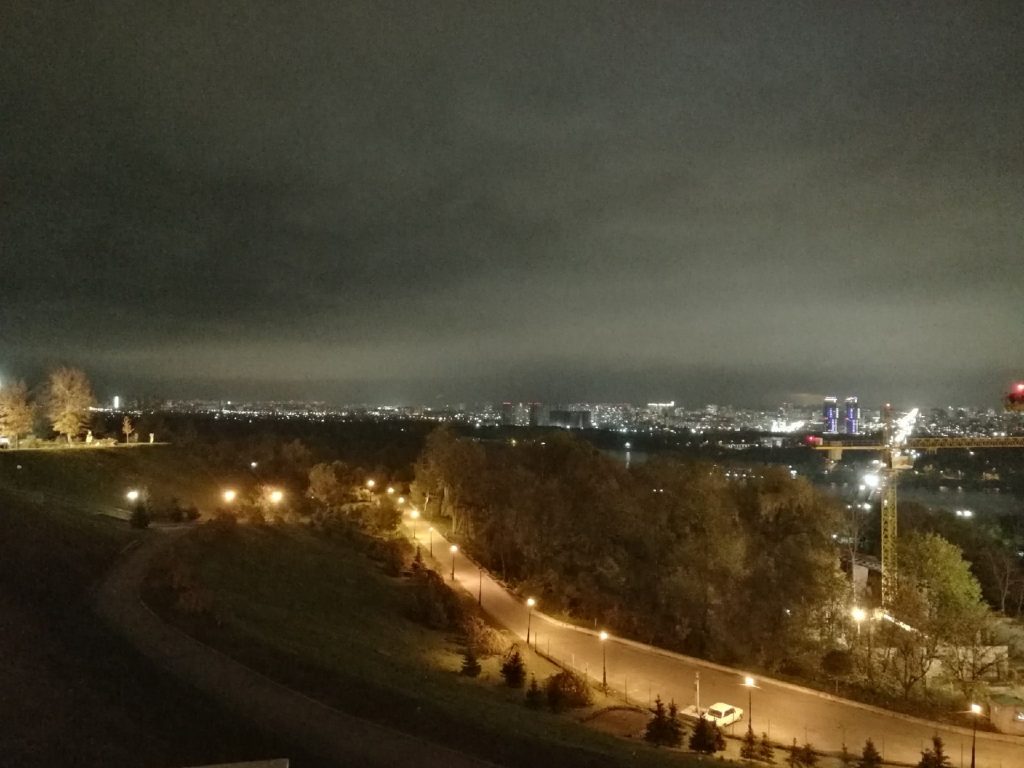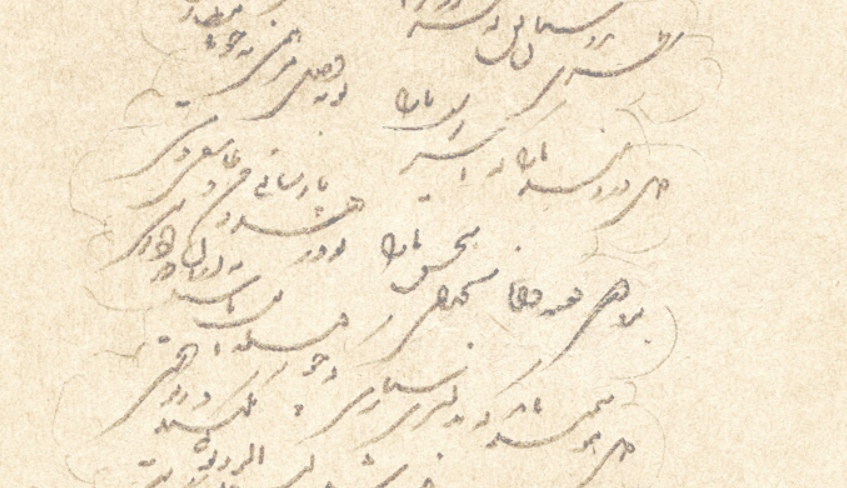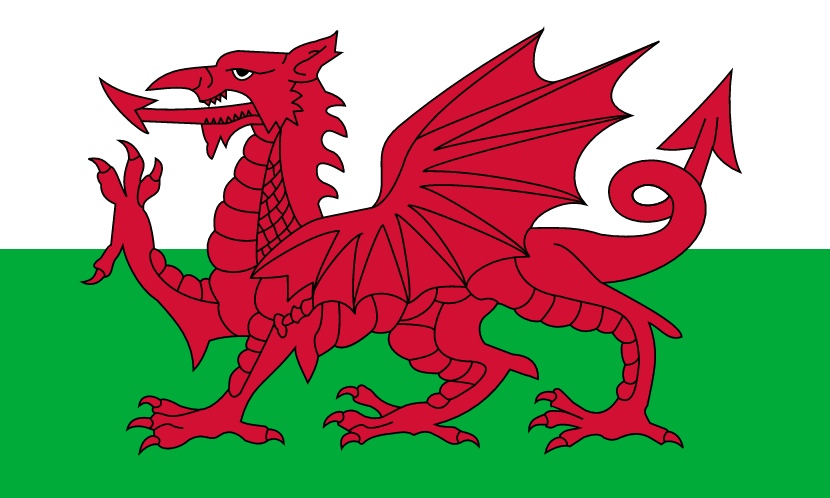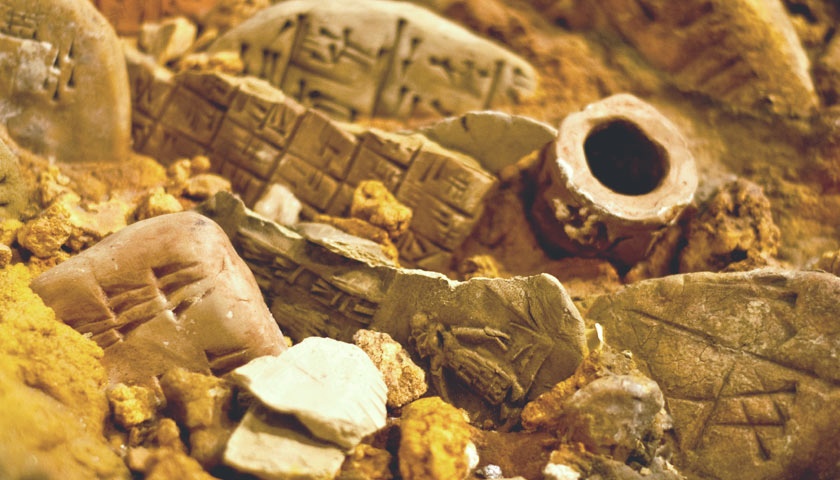Some news.
- We have a channel in Telegram, come visit: t.me/soithasmarraidh
- And the VK public: vk.com/soithasmarraidh
- In the storage facility we are digging, we found another room, completely filled with stones mixed with earth. We are digging.
And while the trial is in progress, I'll tell you a little about a long-forgotten Glinar prose form. It's called feaolfhách in classical glinnarya, translated as "a lively word". It is usually a very short form that carries two (or more) ideas: one main one, and the rest are a subtext based on a play on words. For example, look at this.
“…then the boy cried out: “Wolves!” The people came and saw him there alone, became furious and strictly ordered him not to do it again. But time passed, and the boy cried out again: “Wolves!” Then the people came and saw him alone again – and became even more furious. For his vile deed they wanted to throw him into a deep ditch, but then the wolves arrived. They tore the people to pieces, and carried the boy into the forest, and from then on no one saw him again.”
At first glance it looks like a very shortened and reworked version of the fable about the boy and the wolves. Now look at the trick. "Cry wolf" in Glinarya looks like féidhrega, from féidh "wolf" and hrega "to scream heart-rendingly." But this word also means "to howl like a wolf," among other things. And the phrase "carried away into the forest" looks like …a oidhéraeth…nán ghailen, which can also be translated as "escorted into the forest."
So what do we have? A boy who howled like a wolf, and for some reason the rest of the people didn't like it - and they were about to kill him, but then the wolves intervened and saved the boy. Why is that? Because the story is about a werewolf who was very much disliked, as often happens, in his own tribe just because he was different from them.
There are much more interesting examples of this mini-genre, but they are also more complex, and to explain them you need to talk about a bunch of different realities. It's a bit sad that no one writes in it anymore - maybe someday this will change.

